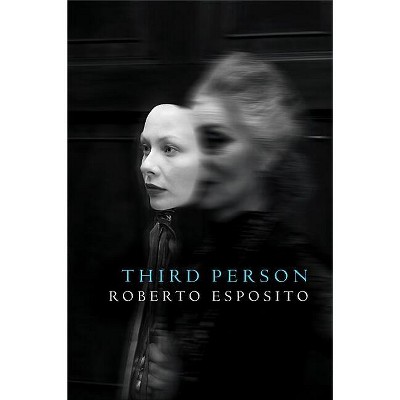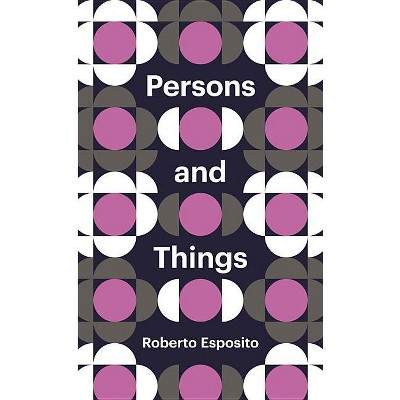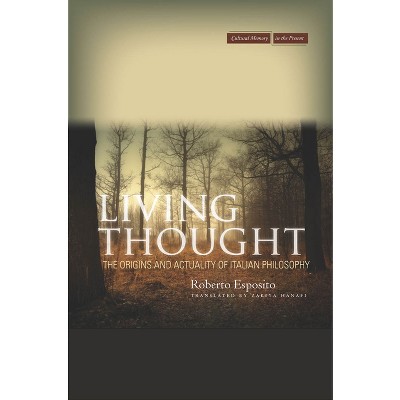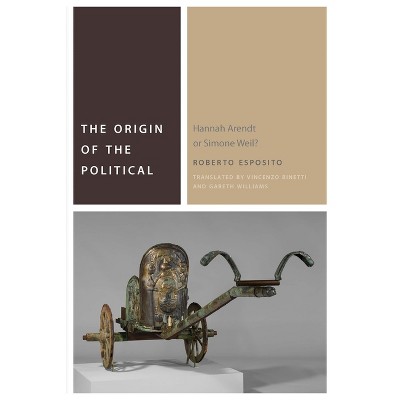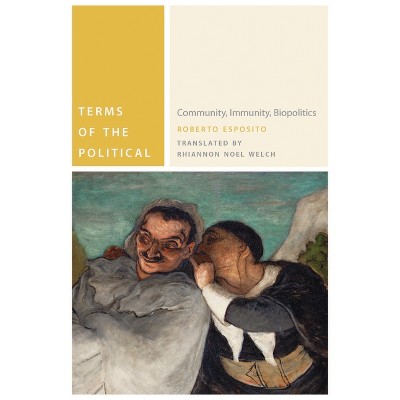About this item
Highlights
- In this book, Roberto Esposito continues his philosophical exploration of the relation between institutions and human life.
- About the Author: Roberto Esposito is Professor of Theoretical Philosophy at Scuola Normale Superiore, Italy.
- 200 Pages
- Philosophy, Political
Description
Book Synopsis
In this book, Roberto Esposito continues his philosophical exploration of the relation between institutions and human life. Starting from the enigmatic Latin term vitam instituere, he charts its early emergence in modern philosophy and its development along a path that culminates in a novel understanding of the relationship between politics and life.
Although the concept of institutio vitae originated in Roman law, it was Machiavelli who first conceived of politics as an instituent force. After Spinoza endowed the social imaginary with the capacity to institute relational life, Hegel was the first to view the 'objective spirit' as the space in which society and state are structured by institutional dynamics. However, in the Hegelian system it is the same dialectic - as an infinite process in which ideas materialize in reality - that expresses instituent power. Only by drawing from these modern roots, argues Esposito, can contemporary thought recognize the movement of institutions as the strategic nexus where the languages of philosophy, anthropology and politics intersect on a new horizon of meaning.
This book completes the inquiry that Esposito began with Instituting Thought and Institution, offering a fresh view of the philosophical tradition from an instituent perspective. It will appeal to students and academics in philosophy and the humanities generally, and to anyone interested in contemporary philosophy and cultural theory.
Review Quotes
"In a mesmerizing journey that begins with Roman law and ends with twentieth-century institutional thinkers, Esposito asks us to re-imagine institutions for the twenty-first century - not as mere infrastructures for supporting life, but as the very condition for life today. An essential book."
Timothy Campbell, Cornell University
About the Author
Roberto Esposito is Professor of Theoretical Philosophy at Scuola Normale Superiore, Italy.Zakiya Hanafi is an independent scholar based in Seattle, Washington.
Shipping details
Return details
Trending Book Pre-Orders








